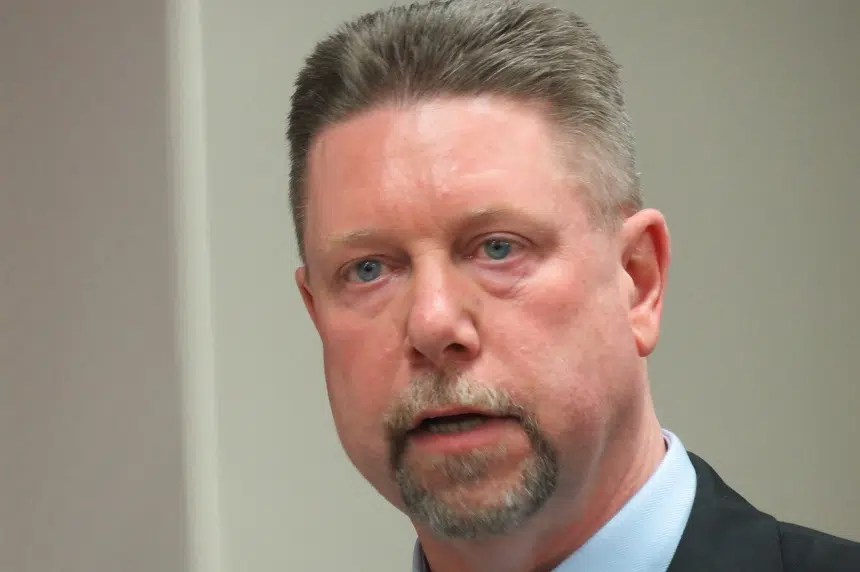Saskatoon’s police chief is seeing some concerning trends.
The number of calls for disturbances, suspicious persons and public intoxication has increased in Saskatoon in the first three months of 2023. That’s according to Troy Cooper, Saskatoon’s police chief, who said the police service has received 13,000 calls for service so far in the year. Most of those calls, he said, were related to an addiction to drugs and alcohol, lack of housing options, and mental health concerns.
Speaking with John Gormley Friday, Cooper said it’s not an issue that’s unique to Saskatoon. Cooper called it a “kind of broken record” across the country.
“What we’re seeing is availability and presence of addictive drugs that impact your mental health. So people who are in the throes of addictions are often facing psychotic episodes and they’re homeless and they’re really visible to the community as well. We’ve seen since about 2013 a real trend upward of addictions and related offences,” he added.
For the first two months of 2023, Cooper said there was an increase in the number of low-level assaults, but it’s too early to identify a cause for that.
“Property crime is up as well. We’ve got mischief, wilful damage, minor thefts … these are the patterns we noticed last year – things like sheds being broken into – generally any property crime linked to addictions. The low-level thefts, things that are easy to take. Material left in cars,” he said.
Cooper did not provide exact numbers or any indication whether the activity was either spread out across the city or was concentrated in specific areas.
He also said police have seen more guns in Saskatoon.
“Often that’s related to drugs or gang involvement, so that’s a concern for us. I think we’re appreciative of the provincial investment and things related to firearms and firearms investment,” he said.
Canadian Association of Chiefs of Police requests meeting with premiers
Cooper said he and other police chiefs from across Canada are hoping to meet with the premiers to address what they’ve called an “emerging and urgent” set of issues related to addictions, homelessness and mental health, and the effect they also have on officers.
“We’ve seen some things that are troubling nationally, and as a group we’ve talked about what next steps have to occur to sort of protect our industry,” he said.
The association is hoping for shared accountability or strategy on public safety between the federal, provincial and municipal governments, Cooper said.
“Right now, I think we often feel we are sort of … held accountable for social issues, and yet the investment in social issues, we don’t have a voice in it,” he said.
Officer safety is also a top priority, said Cooper, citing the eight police officers killed in Canada in the last six months.
“I think it’s time for us to start evaluating what’s causing that, and to make sure we take steps to make sure officers are safe,” he added.
Cooper said that includes addressing Bill C-75, a measure which amended the Criminal Code and Youth Justice Criminal Act to include that person charged with an offence has the right not to be denied reasonable bail without just cause.
The chief said that was a problem for policing.
“There’s more and more violence committed by people who are out on bail. From a police community, we’re asking for a review of bail conditions and bail legislation to make sure people who are violent … that there’s more accountability before they are let out on bail,” he said.
“We call it a reverse onus, that they have to prove they are able to be safely let out on bail, rather than the assumption of it. We want to make sure that the people we keep in custody are the ones we’re scared of, not the ones that we’re mad at.”
Cooper said a letter to that effect has been sent to the federal government and premiers by the association. He’s also hoping to speak with Premier Scott Moe, who can then pass that along to Ottawa.











